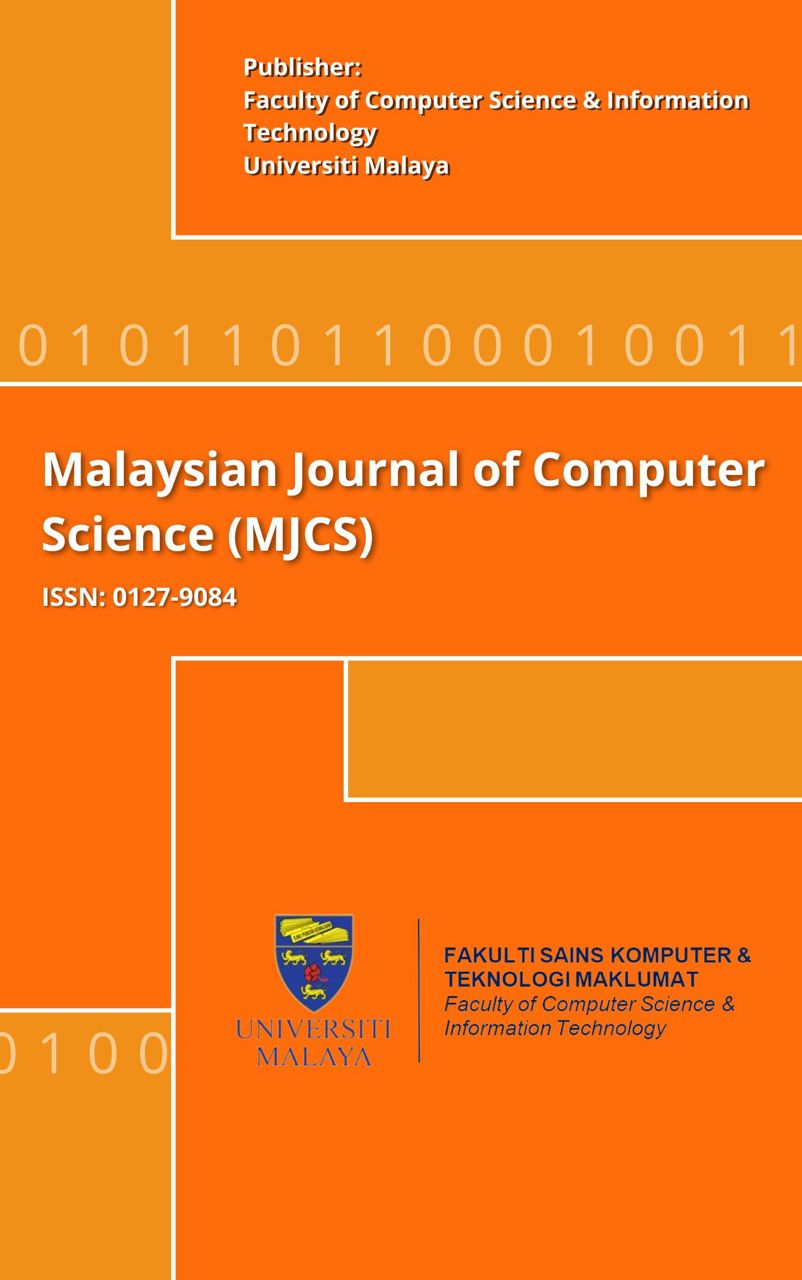Balancing the Personality of Programmer: Software Development Team Composition
DOI:
https://doi.org/10.22452/mjcs.vol29no2.5Keywords:
Human aspects, MBTI, Personality types, Programmer, Gender, Software development, Team composition, Team balancingAbstract
The production of software and their effectiveness have become the prerequisite for the development of various sectors of the world. Persistent demand for the software, feasible and effective in nature to address the clients’ demand have levitated the interest amongst researchers to determine the factors that idealize the software development team since an adept and compatible team members, in terms of personality, are likely to ensure the success of software. In this regard, personality clashes have been attributed as the prominent factors of all to the failure of the software. Although copious research studies have been carried out in the past to suggest ideal and compatible personalities for making an ideal software development team, it is regret to add that the findings of these studies have rather enhanced the gravity of the problem for giving different suggestions for composing an ideal team for software development. To lessen such confusion, this study aims to propose solution for personality-based team composition by executing the different ranges of the programmer’s role based on Myer Brig Type Indicator (MBTI) pairs. This method supposedly allows the researchers to reach the suitable conclusion by thorough investigation of all traits of personality for programmer role. In order to attain the best solution, student population was involved to develop the software projects in teams. The experiments were divided into two segments: defining balancing benchmark and validating the benchmark. In outcomes, this study proposed different ranges of personality traits based on gender classification for software programmers.






